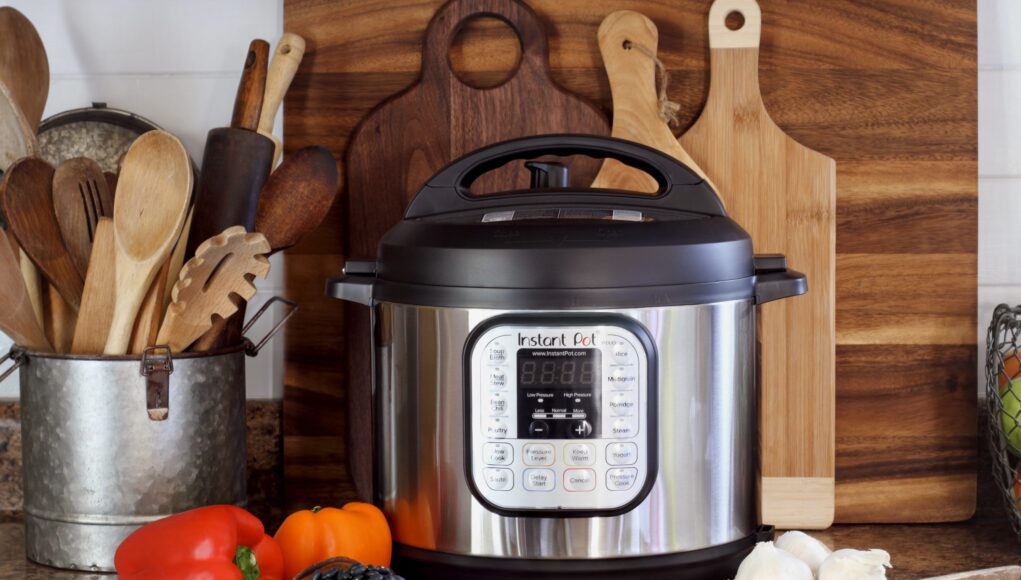For those who often find themselves asking, why is my rice cooker rice hard, you’re not alone. The convenience of a rice cooker is unmatched, yet encountering hard rice more often than not can be frustrating. It’s important to hone in on the root causes to enjoy perfectly cooked fluffy rice every single time.
The primary function of a rice cooker is to make cooking rice simple and hassle-free. However, several factors can lead to unsatisfactory results. Whether it’s due to incorrect water proportions, a faulty rice cooker, or old rice, understanding these issues can transform your rice-cooking experience.

The Reasons Behind Hard Rice in Your Cooker
Incorrect Water to Rice Ratio
A common culprit behind hard rice is an incorrect water to rice ratio. Typically, each type of rice may require a different amount of water. Sticky rice, basmati, or jasmine rice all have varied water needs to achieve their unique textures.
Improper Cooking Time
Cooking time directly affects the texture of rice. Shorter cooking time can result in hard and undercooked grains. Ensure that you use the appropriate cooking settings for your specific rice type.
Old or Expired Rice
Using old rice may also contribute to undesirable texture. Rice that is past its prime often comes out hard or unevenly cooked because it doesn’t absorb water as efficiently.
Optimizing Your Rice Cooker’s Performance
Adjusting Water Levels
Experimenting with water levels can be advantageous. Typically, the instructions manual provides a guideline, but adjusting this based on your rice’s responses can yield better results.
Using the Right Rice Cooker Settings
The model of your rice cooker can also influence your rice’s texture. Advanced models offer settings for different rice types, helping avoid the issue of hard rice. Learn how to effectively use your appliance using a rice cooker.
Regular Maintenance
Keeping your rice cooker clean and well-maintained aids in achieving consistent results. Mineral buildup and debris can interfere with sensor operations, influencing cooking cycles.
Choosing the Right Type of Rice
Different Rice, Different Needs
Long-grain or short-grain, each type has specific absorption rates. Researching the specific needs of the rice variety you are preparing is essential to preventing it from becoming hard.
Quality and Brand Choices
The quality of rice you purchase matters. Some brands are known for better absorption and texture than others. Its always beneficial to experiment with brands within your budget for the best results.
External Guidance and Resources
If you’re facing persistent issues, you might consider consulting rice cooker guides to compare your appliance with other models and learn about their specific benefits.

FAQs
How can I ensure my rice cooker produces soft rice?
Regularly clean your cooker, adjust the water ratio, and use correct settings.
Is the age of rice important for texture?
Yes, using fresh rice results in a softer, fluffier texture compared to old rice.
Why is water ratio crucial for cooking rice?
Water ratio ensures rice absorbs the correct amount, impacting texture significantly.
This article contains affiliate links. We may earn a commission at no extra cost to you.










